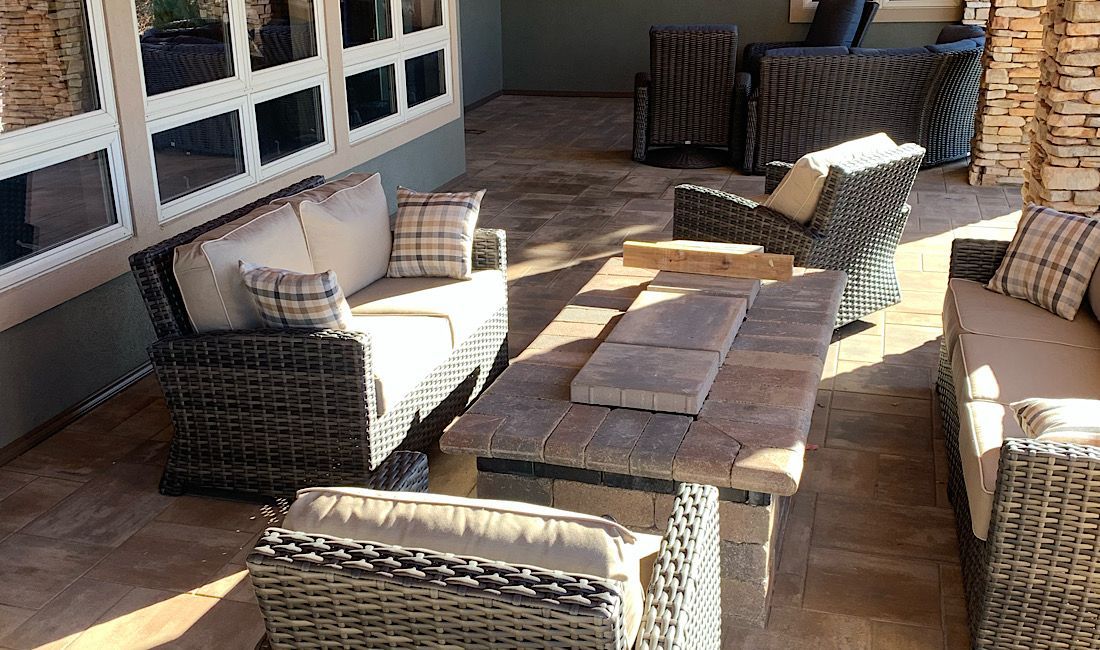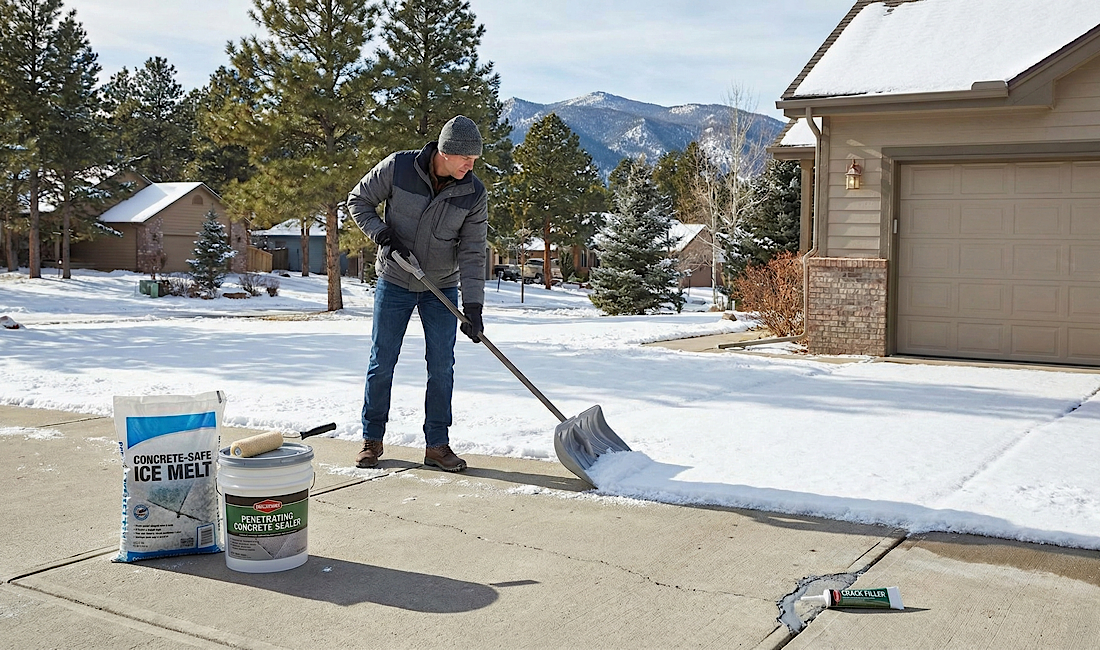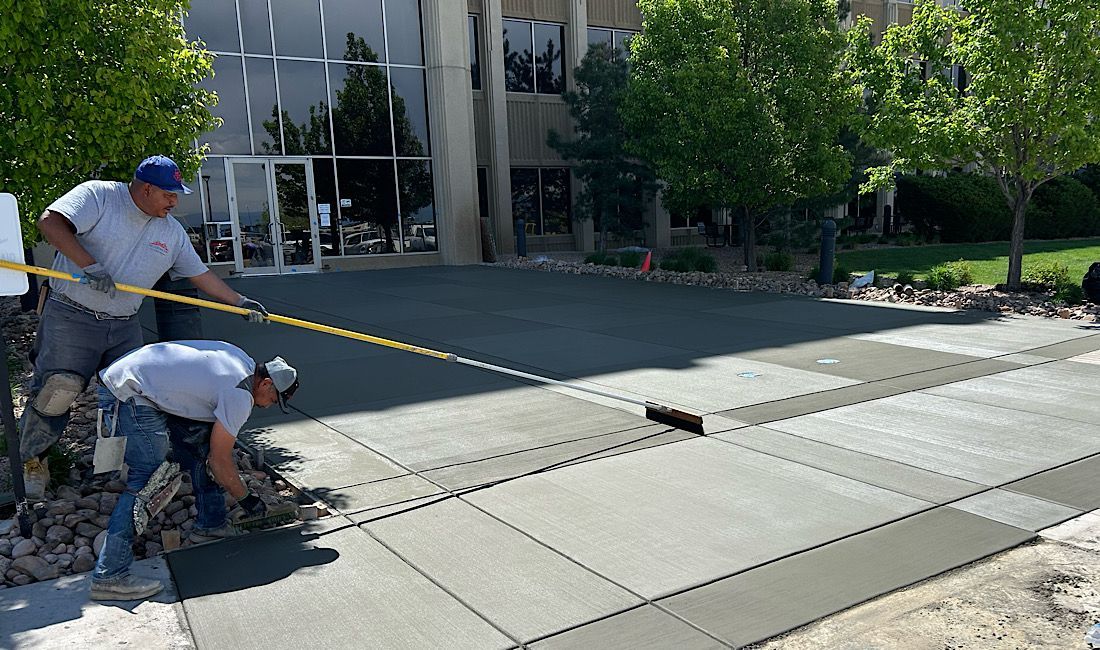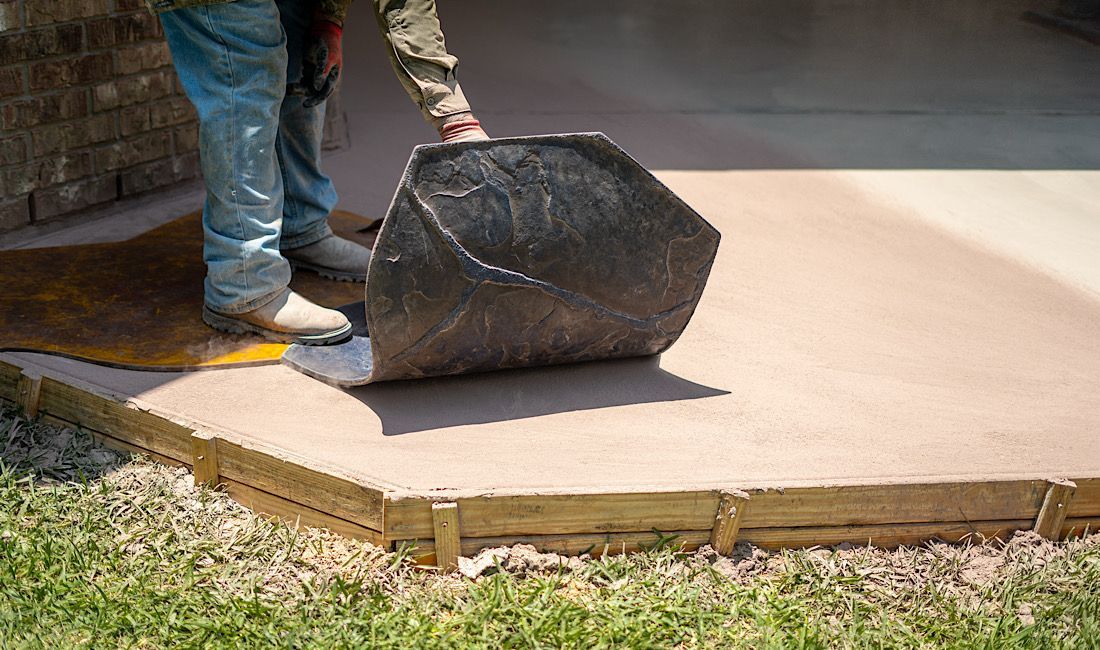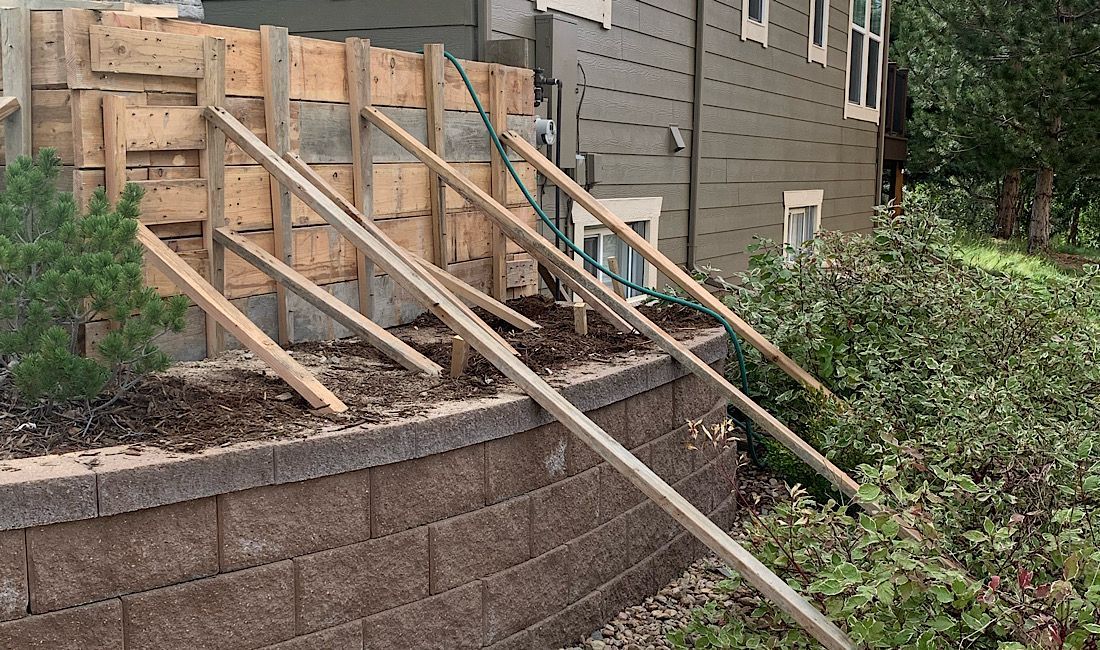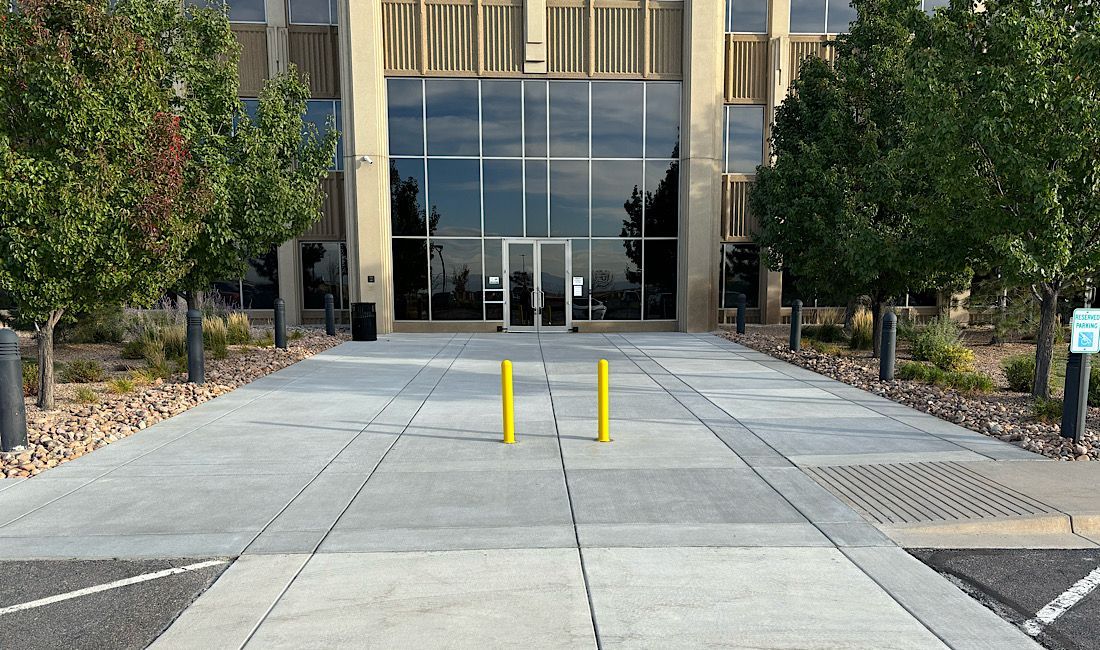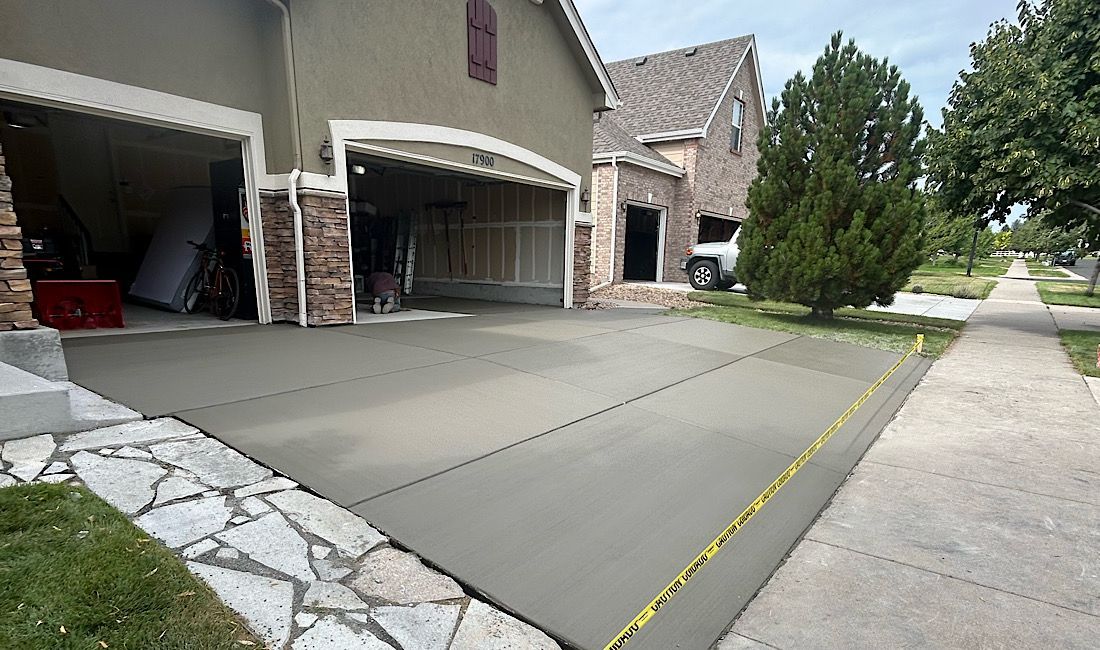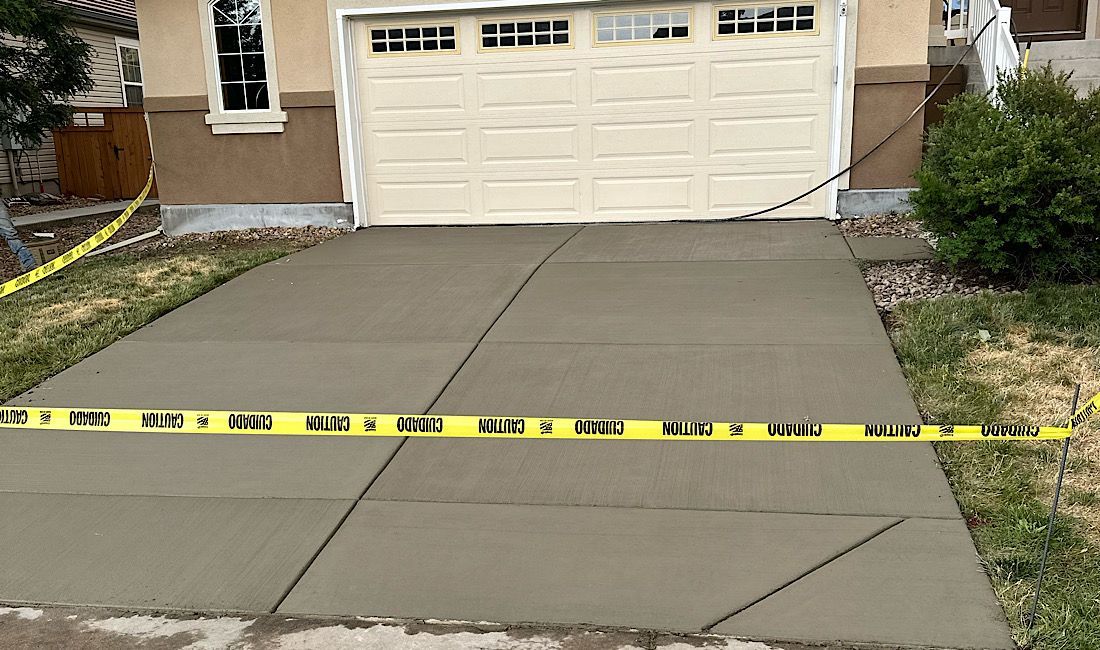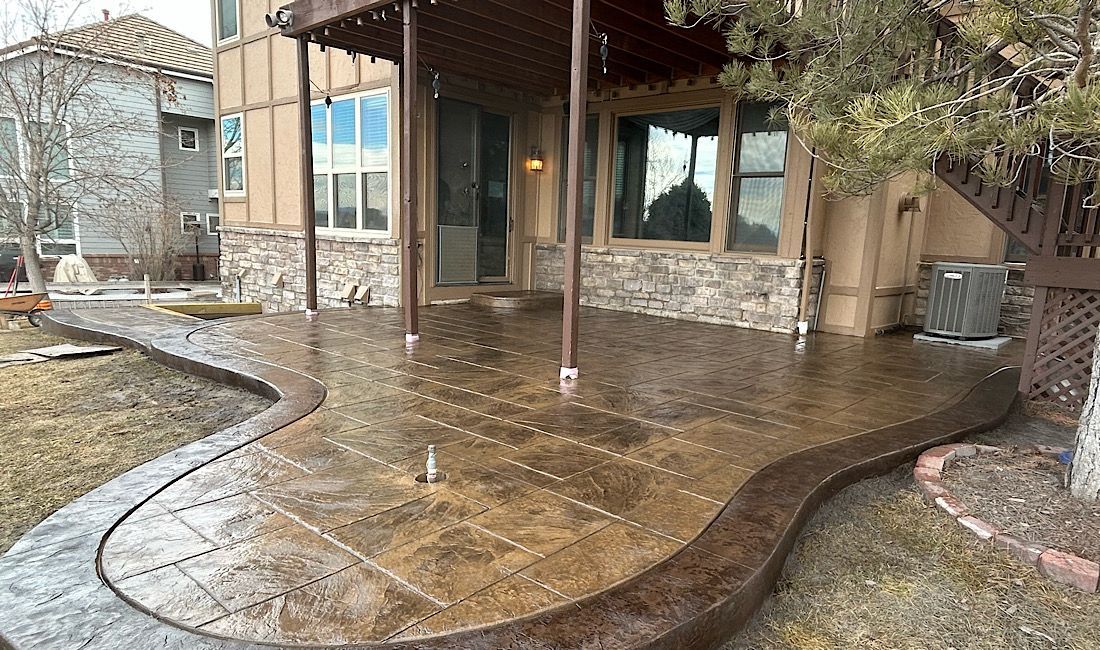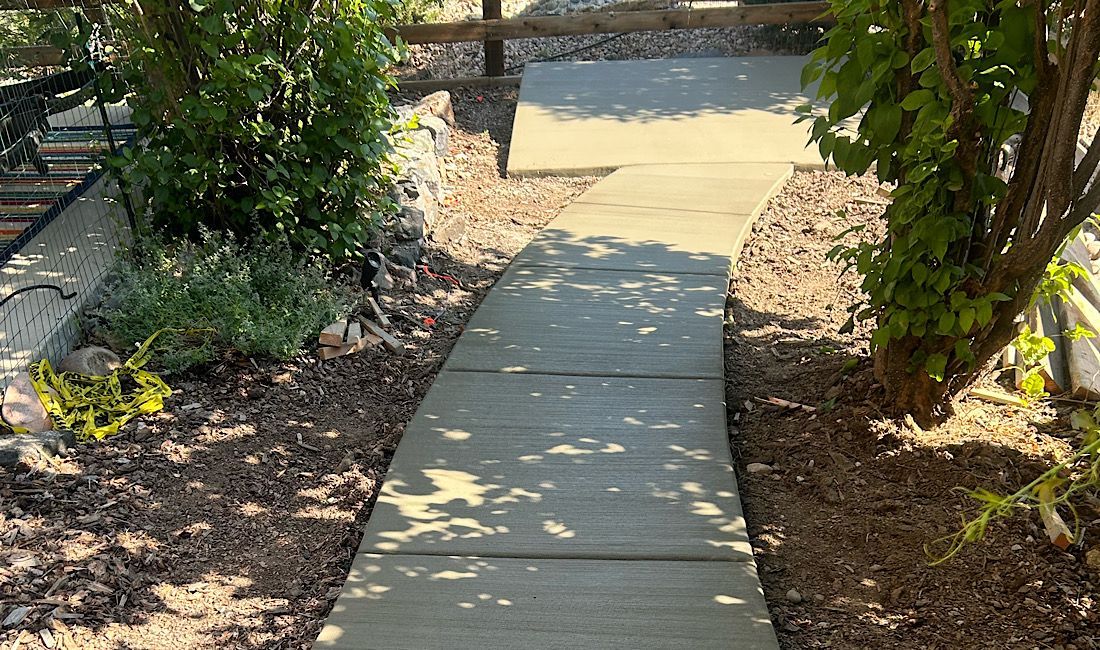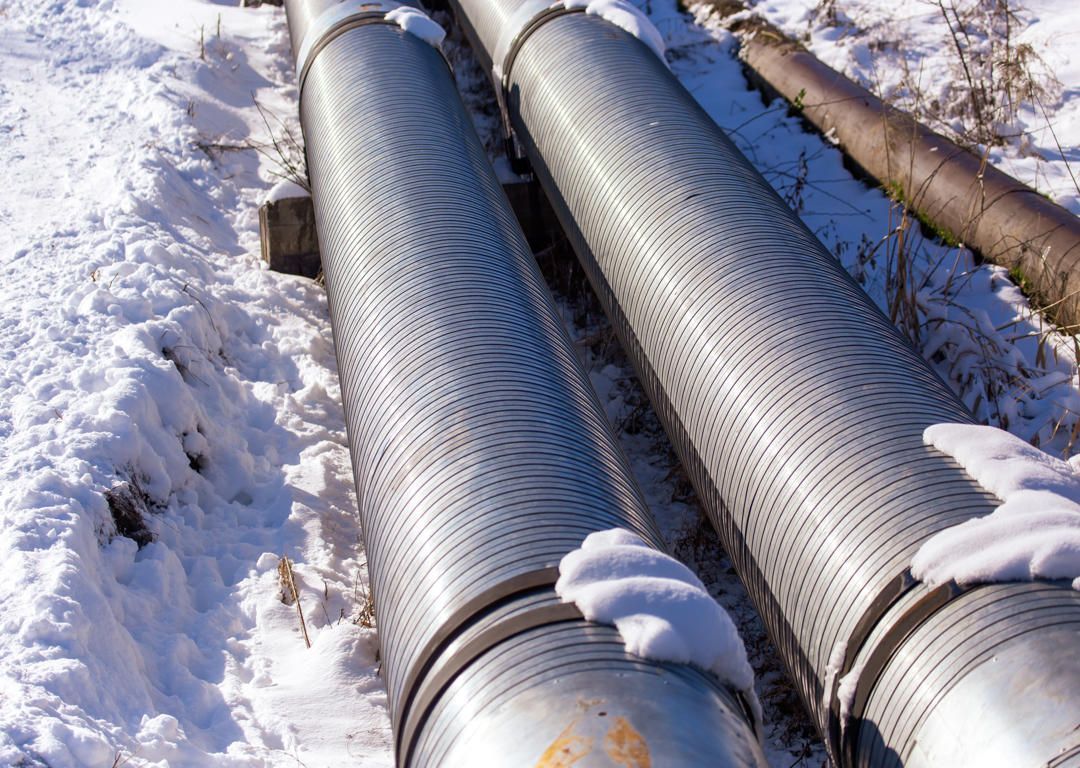
Winter can take a toll on concrete surfaces, but with the right care, you can protect your driveways, walkways, and patios from harsh weather conditions. Freezing temperatures, snow, and ice can lead to cracks and surface deterioration if precautions aren’t taken. This guide provides essential winter maintenance tips to ensure your concrete surfaces last through the cold months and remain in top shape.
Sealing Your Concrete Before Winter
One of the most important steps in preparing your concrete for winter is applying a high-quality sealer. Concrete sealers form a protective barrier that helps prevent moisture from penetrating the surface. When water seeps into unsealed concrete and freezes, it expands, leading to cracks and surface spalling.
Choosing a penetrating sealer is ideal for areas prone to freeze-thaw cycles, like Denver and Castle Rock. These sealers bond deeper with the concrete, providing better protection against the elements. It’s recommended to seal your concrete in the fall before temperatures drop below freezing, so the sealer has time to fully cure. Depending on the product, reapplication may be necessary every few years to maintain maximum protection.
Sealing your concrete can help reduce the risk of freeze-thaw damage and prevent water from infiltrating the surface, making this step a critical part of winter concrete care.
Keeping Your Concrete Clean and Free of Debris
Regular cleaning is essential for protecting your concrete during winter. Debris like leaves, dirt, and pine needles can trap moisture, which increases the risk of staining and damage. Before winter arrives, thoroughly clean your concrete surfaces to remove any grime or organic material.
Power washing is an effective way to clear away dirt and stains, but it’s important to ensure the concrete dries completely afterward. Moisture that remains on the surface can freeze, causing further damage. Additionally, clearing organic materials such as leaves and twigs will prevent moisture from accumulating, which can lead to surface discoloration or moss growth.
Maintaining clean surfaces also makes it easier to manage snow removal during the winter months, which is another key factor in preserving your concrete.
Snow and Ice Removal Tips
How you handle snow and ice removal can greatly impact the longevity of your concrete. Improper removal techniques or using the wrong products can cause surface damage. Avoid using metal shovels, as they can scrape or chip the concrete surface. Instead, opt for plastic shovels or snow pushers with rubber edges to prevent damage.
When it comes to de-icing, be cautious about the products you choose. Standard de-icing salts (sodium chloride) can cause concrete to deteriorate, especially over time. Instead, consider using concrete-safe alternatives such as calcium magnesium acetate (CMA), which is less harmful to concrete surfaces. These alternatives still melt ice effectively but won’t increase the risk of cracking or surface flaking.
By removing snow promptly and using the right de-icing products, you’ll protect your concrete from excessive wear while keeping your walkways and driveways safe and slip-free during the winter months.
Addressing Cracks Before Winter
Any existing cracks in your concrete should be repaired before winter begins. Cracks allow water to seep into the concrete, and when that water freezes, it expands and worsens the damage. Filling cracks with a concrete patching compound or a crack filler ensures that moisture won’t penetrate the surface during freezing temperatures.
It’s important to address even small cracks, as they can quickly grow larger during the winter due to repeated freeze-thaw cycles. Repairing these cracks before the cold weather sets in can prevent more extensive (and expensive) damage in the future.
Avoid Using Harsh Chemicals
While it’s important to keep your concrete free of ice during the winter, avoid using harsh chemicals or de-icers that can harm the surface. Products that contain ammonium sulfates or nitrates should be avoided, as they can cause significant deterioration of concrete over time. These chemicals can break down the concrete’s structure, leading to surface damage that shortens the lifespan of your driveway or walkway.
As mentioned earlier, using gentler alternatives like calcium magnesium acetate is a better choice for preserving the integrity of your concrete while still keeping surfaces safe and ice-free.
Regular Inspections During Winter
It’s essential to periodically check your concrete surfaces throughout the winter to identify any potential issues early. After a snowstorm or a period of freezing temperatures, inspect your concrete for signs of new cracks or surface damage. This proactive approach allows you to address minor problems before they become larger issues in the spring.
In particular, watch for areas where water tends to pool or where snow has been left for an extended period. These spots are more susceptible to freeze-thaw damage and may require special attention or repair once the weather warms up.
Proper Drainage
Ensuring proper drainage around your concrete surfaces is another important aspect of winter maintenance. Standing water can quickly become a problem during the winter, as it will freeze and potentially cause cracks or other damage. Make sure that water is directed away from your driveway, walkways, or patio using appropriate grading or drainage systems.
If your concrete surfaces aren’t sloped properly, consider addressing these issues before winter to prevent water from accumulating and freezing. In some cases, installing drainage systems, like French drains, can help manage water flow and reduce the risk of damage.
Protecting Your Concrete from Heavy Equipment
During the winter months, you may use equipment like snowblowers or shovels to clear your concrete surfaces. While these tools are helpful for snow removal, it’s important to use them carefully to avoid damaging the concrete.
When using a snowblower, set it to the proper height to prevent scraping the concrete surface. If you use a shovel, choose a plastic model rather than a metal one to minimize the risk of chipping or scratching. Additionally, avoid parking heavy vehicles or equipment on your concrete surfaces for extended periods during the winter, as the added weight combined with cold temperatures can increase the likelihood of cracking.
Winter can be tough on concrete surfaces, but with the right maintenance strategies, you can protect your investment and ensure your concrete driveways, walkways, and patios remain in excellent condition. Sealing, cleaning, and repairing cracks before winter, combined with careful snow removal and the use of appropriate de-icing products, will significantly extend the lifespan of your concrete. Taking the time to care for your concrete now will save you from costly repairs in the future and keep your home looking its best year-round.
For more tips on winter concrete care or to schedule professional maintenance, contactCreteworx today. We specialize in concrete protection and repair, ensuring your surfaces are winter-ready and built to last.
